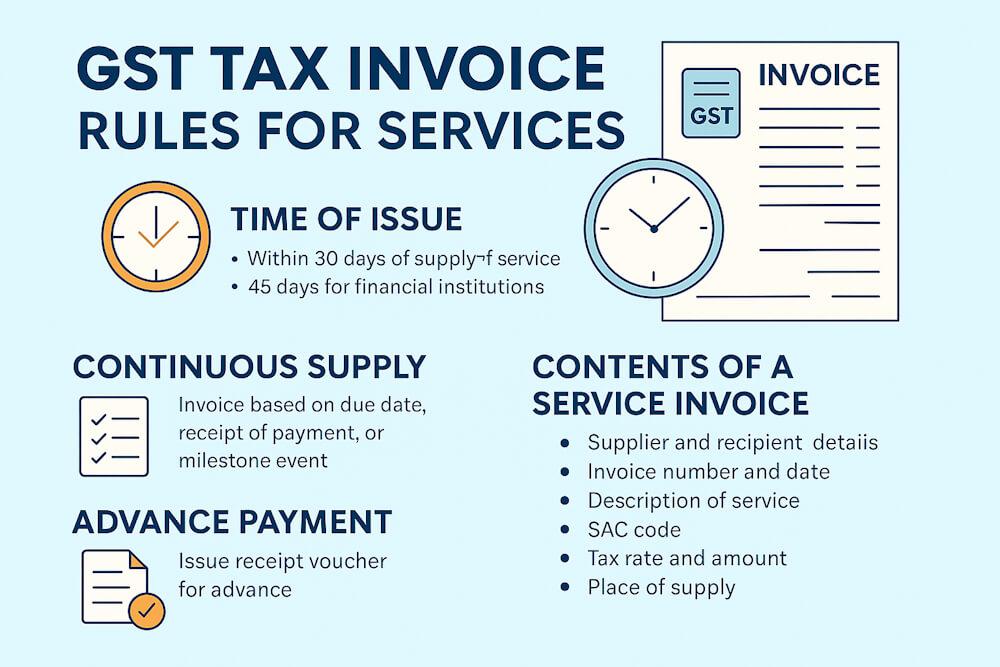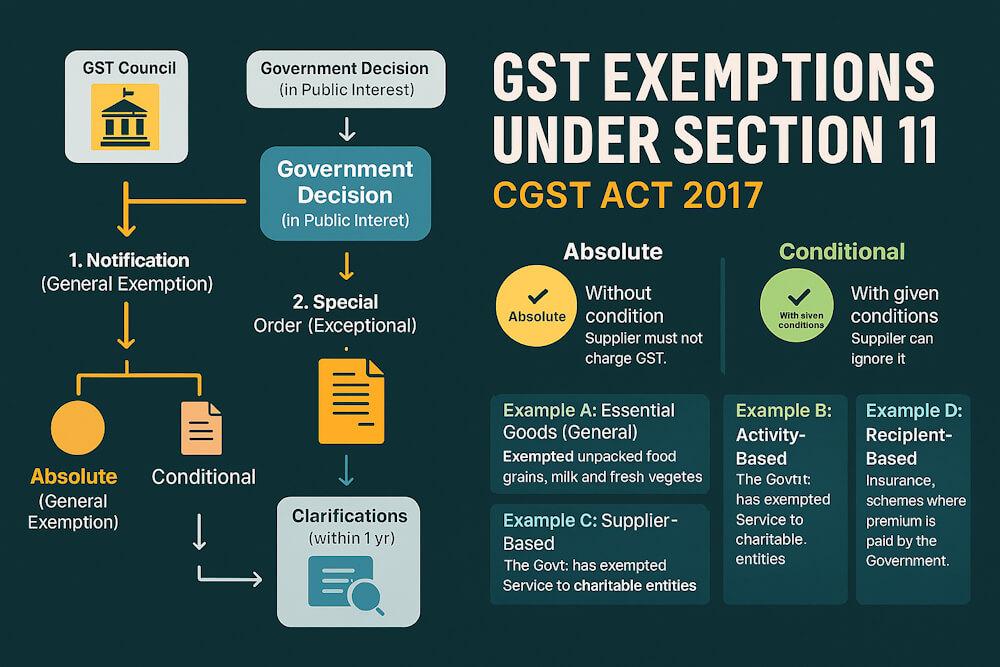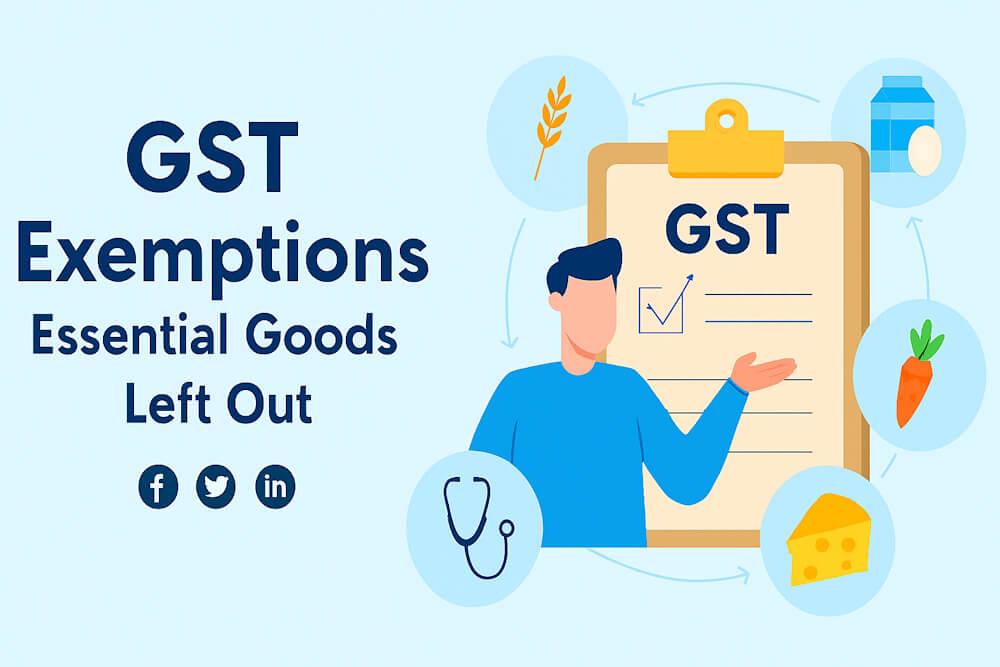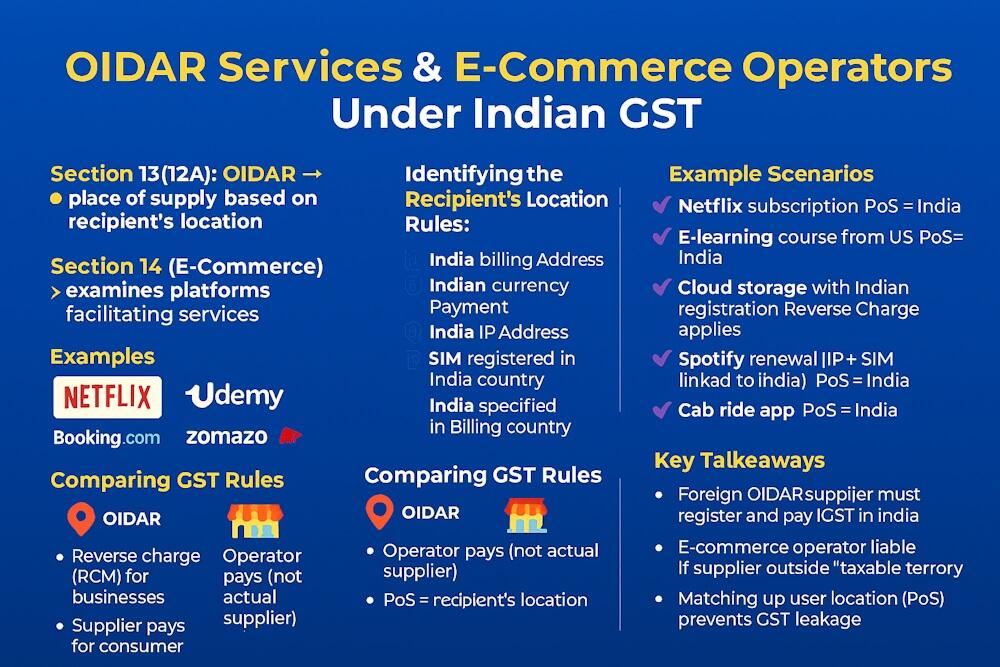Everybody loves talking about Input Tax Credit (ITC). Businesses swear by it because it saves them from paying tax again and again on the same thing. But here’s the truth nobody likes—not all ITC can be claimed.
The law (Section 17(5) of CGST Act) has a long list of “blocked credits.” In simple words, these are expenses where even if you pay GST, you can’t set it off. And if you try, you might end up with a notice or penalty later.
Let’s go through them in plain language, no jargon, with stories and real-life style examples.
Why Blocked Credits Exist
Think about it this way. If the government allowed ITC on literally everything—cars for directors, food for parties, even your personal gym membership—then almost no GST would reach the treasury. So they drew a line. Stuff that is obviously “business-related” gets ITC, but things that look more like perks or personal expenses? Blocked.
Motor Vehicles and Transport
One of the most common traps. You can’t claim ITC on motor vehicles unless your business itself is about transporting passengers or goods, or you’re in car rentals, driving schools, logistics, etc.
👉 Example: A company buys a shiny SUV for its director. The GST on it? Blocked. 👉 Flip side: If Ola or Uber buys the same SUV for running cabs, ITC is allowed.
So, the same vehicle, two different results—depends on the business.
Food, Beverages, and Catering
This one annoys a lot of companies. You host a party, hire a caterer, or provide meals to staff—GST on that food bill? Not eligible for ITC.
👉 Example: An IT company throws a New Year party and spends ₹2 lakh on catering. GST of ₹36,000 is paid. Can they claim ITC? Nope. Blocked.
Only exception: if your business is in providing food—like a restaurant or hotel—then ITC is fine because it’s part of your output supply.
Memberships and Fitness
Fancy club memberships, gym subscriptions, or health centers—forget ITC.
👉 Example: A business pays GST on a golf club membership for networking purposes. Even if the intention is “business development,” ITC is blocked by law.
Travel Perks for Employees
Leave Travel Concession (LTC) and similar employee benefits—no ITC here either. The government sees them as personal perks, not business needs.
👉 Example: A company sends employees on a sponsored trip to Kerala. GST on travel packages can’t be claimed.
Construction of Immovable Property
This one is tricky. If you build an office building, buy cement, hire a contractor, pay GST on everything—you can’t claim ITC on that.
👉 Example: A company builds its new headquarters and pays GST on steel, cement, and contractor bills. Blocked credit.
But, if you’re a builder or developer and construction itself is your business, then ITC is available.
Goods or Services for Personal Consumption
If something is bought for personal use, no ITC, even if GST is charged.
👉 Example: A director buys a fridge at home under the company’s GSTIN. Department can easily block ITC since it’s not for business.
Goods Lost, Stolen, or Given Away
Here’s where businesses feel the pinch. ITC is blocked if goods are lost, destroyed, stolen, written off, or given as free samples.
👉 Example: A pharma company distributes free samples of medicines to doctors. The GST on those inputs? Blocked. 👉 Another: A warehouse catches fire and raw materials worth ₹5 lakh are destroyed. ITC on those inputs can’t be claimed.
This rule is probably the harshest for companies dealing in high volumes of samples or freebies.
Works Contract Services
When you hire contractors to build immovable property (like offices, guest houses, or even repairs), ITC is blocked unless you’re in construction business yourself.
👉 Example: A corporate hires a contractor to build a staff guesthouse. The GST paid is blocked.
CSR Activities
This is debated, but in many rulings, ITC on Corporate Social Responsibility (CSR) spend has been denied.
👉 Example: A company buys sanitary pads for free distribution under CSR. GST is paid, but ITC is often disallowed since it’s not “directly linked” to business.
Why Businesses Get in Trouble
Blocked credits are one of the most common reasons for GST audits and notices. Many companies mistakenly claim ITC on:
- Free gifts to clients.
- Staff canteen bills.
- Cars bought for directors.
- Construction of office space.
👉 Real-life story: A trading company in Delhi gave iPhones as gifts to dealers and claimed ITC on them. During audit, the department disallowed it, and they ended up paying tax with interest plus penalty.
Practical Checklist Before Claiming ITC
- Ask: Is this expense for business or personal?
- Check Section 17(5) list carefully.
- Separate construction and CSR costs from ITC claims.
- Freebies and gifts? Just forget ITC.
- Keep your team trained—most mistakes happen in accounts.
Wrapping It Up
ITC is a brilliant system, but it comes with boundaries. The government doesn’t want you claiming credit on cars for fun, food for parties, or goods you’re giving away for free. That’s why these blocked credits exist.
The golden rule: if the expense directly helps your business operations, ITC is usually allowed. If it looks like a perk, a freebie, or something personal, ITC is blocked.
Stay cautious. Many businesses land in trouble not because of fraud, but simply because they didn’t know these rules. And in GST, ignorance is expensive.





